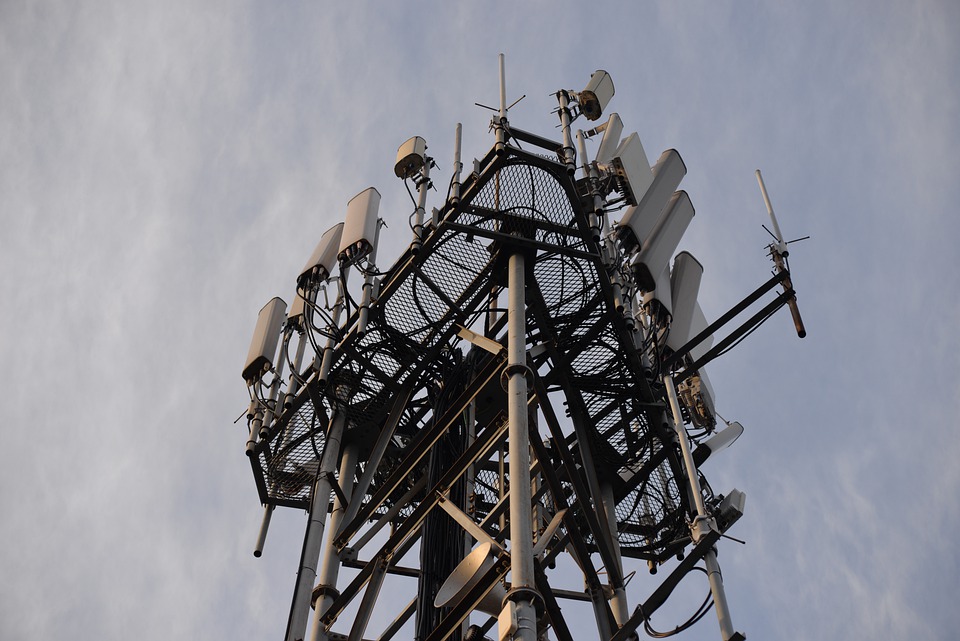The Influence of Television Broadcasting on Society and Culture
Television broadcasting has been a powerful tool that has shaped society and culture in countless ways. From entertainment to news, television has the ability to reach millions of viewers, creating a significant impact on the way we think, feel, and behave. In this article, we will explore the various ways that television broadcasting has influenced society and culture.
Entertainment
One of the most obvious ways that television broadcasting has influenced society and culture is through entertainment. Television shows have the ability to bring people together and create a shared experience that can spark conversations and debates. From sitcoms to dramas to reality TV, television has a wide variety of genres that cater to different tastes and interests.
Television has also played a significant role in shaping popular culture. Iconic TV shows like “Friends,” “Seinfeld,” and “The Simpsons” have become cultural touchstones that are still referenced and celebrated decades after their initial airings. Television has the power to introduce new trends, fashion styles, and catchphrases that can quickly spread throughout society.
News and Information
Television broadcasting is also a crucial source of news and information for many people. Whether it’s local news, national news, or international news, television has the ability to bring breaking stories and events into our living rooms in real-time. This instant access to information has changed the way we consume news and has made television a vital part of our daily lives.
Television news programs also have the power to shape public opinion and influence political discourse. The way news stories are framed and presented can have a significant impact on how viewers perceive certain issues and events. Television has the ability to shape public opinion and influence people’s attitudes and beliefs.
Advertising and Consumerism
Television broadcasting has also had a significant influence on consumerism and advertising. Television commercials are a powerful tool for companies to reach potential customers and persuade them to buy their products. Advertisers spend billions of dollars each year on television commercials in order to reach a wide audience and create brand awareness.
Television has also played a role in shaping our desires and aspirations. Through commercials and product placements in TV shows, television has the ability to create a culture of consumerism where people are constantly bombarded with messages to buy the latest products and gadgets. Television has influenced our purchasing habits and has created a society where material possessions are often equated with success and happiness.
Social Issues and Representation
Television broadcasting has also played a role in addressing social issues and promoting diversity and representation. TV shows have the ability to raise awareness about important social issues such as racism, sexism, LGBTQ rights, and mental health. By portraying diverse characters and storylines, television has the ability to challenge stereotypes and promote inclusivity.
Television has also played a role in shaping public attitudes towards marginalized groups. By featuring diverse characters and actors, television has the ability to promote empathy and understanding towards people from different backgrounds and experiences. Television has the power to change hearts and minds and create a more inclusive and tolerant society.
Conclusion
Television broadcasting has had a profound influence on society and culture in a variety of ways. From entertainment to news to advertising, television has the ability to shape our attitudes, beliefs, and behaviors. By exploring the various ways that television has influenced society and culture, we can better understand the power and impact of this medium on our lives. As television continues to evolve and adapt to new technologies, its influence on society and culture is likely to continue for years to come.



Leave a Reply